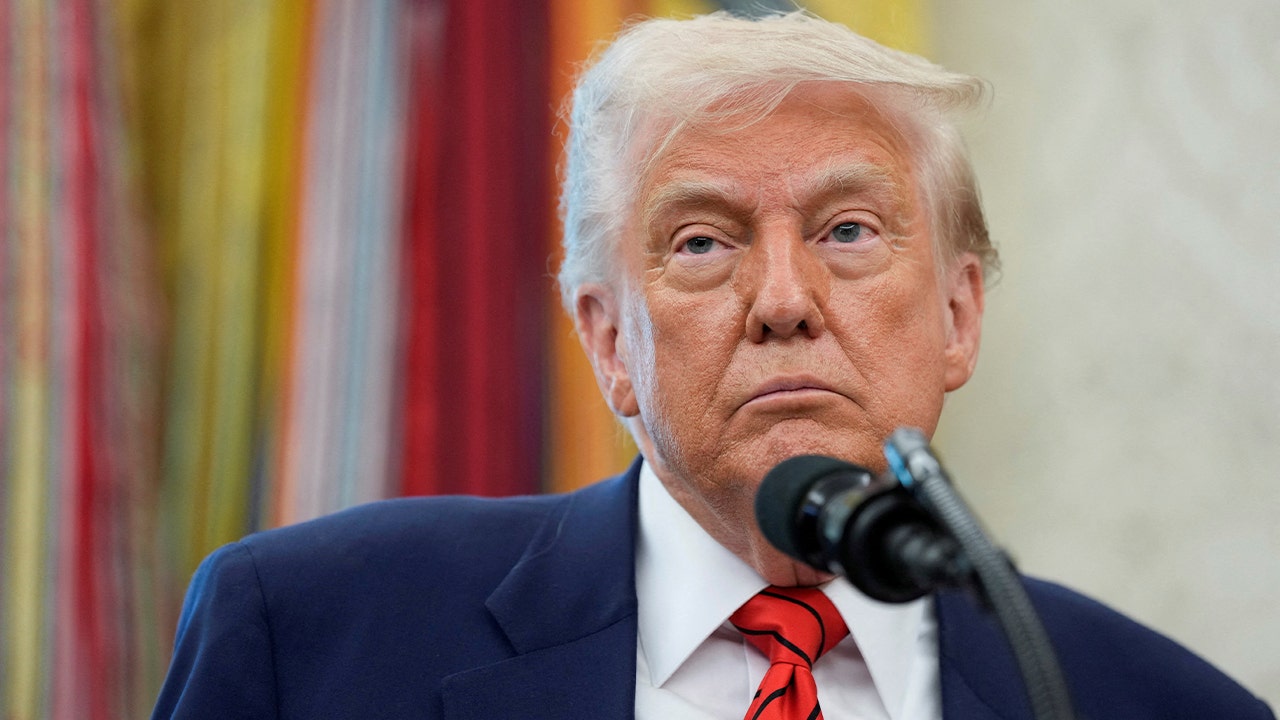White House: 9M Americans could lose health insurance without Trump budget bill

The White House released a study on Saturday estimating that millions more Americans could be without health insurance if President Donald Trump’s budget bill does not pass. The memo, titled “Health Insurance Opportunity Cost if 2025 Proposed Budget Reconciliation Bill Does Not Pass,” predicts that the number of uninsured Americans could increase from 27 million to 36 million by 2025 if the bill fails to pass.
The research assumes that states which expanded Medicaid with generous eligibility requirements will pull back due to budget constraints during a recession. The memo also factors in the expiration of the 2017 Trump tax cuts in 2026 and other economic shocks that could trigger a recession. The White House projects that a severe recession would lead to reduced consumer spending, lower small business investment, and higher unemployment rates.
The advisers estimate that without extending the Trump tax cuts, U.S. GDP could contract by 4% over two years, similar to the 2008 recession. Unemployment could increase by four percentage points, resulting in approximately 6.5 million job losses. This would lead to approximately 3.9 million people losing their employer-sponsored insurance and becoming uninsured.
The memo also predicts a 15% drop in individual and marketplace coverage, with approximately 3.3 million people losing coverage by 2026. Medicaid and ACA subsidized plan enrollment could also experience a 10% decline, affecting 500,000 to 1 million people. The expiration of the tax cuts would disproportionately impact non-citizens, gig workers, and early retirees, leading to insurance losses among vulnerable segments.
House Speaker Mike Johnson is working to pass the “One Big Beautiful Act” through the House by a Memorial Day deadline despite divisions among Republicans. The bill includes over $5 trillion in tax cuts, offset by spending cuts and changes in the tax code. It aims to make the Trump tax cuts permanent while fulfilling campaign promises such as ending taxes on overtime and tips, creating a new tax break on auto loan interest for American-made cars, and establishing a tax-free “MAGA account” for children born in Trump’s second term.
The urgency to pass this bill stems from the potential economic consequences of a recession and the impact it could have on health insurance coverage for millions of Americans. Failure to pass the bill could result in a significant increase in the number of uninsured individuals, undoing the progress made since the implementation of the Affordable Care Act in 2010. The White House is emphasizing the importance of passing the budget bill to protect Americans’ health insurance coverage during challenging economic times.




